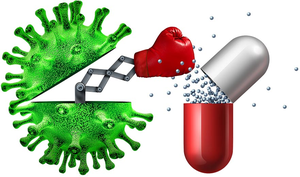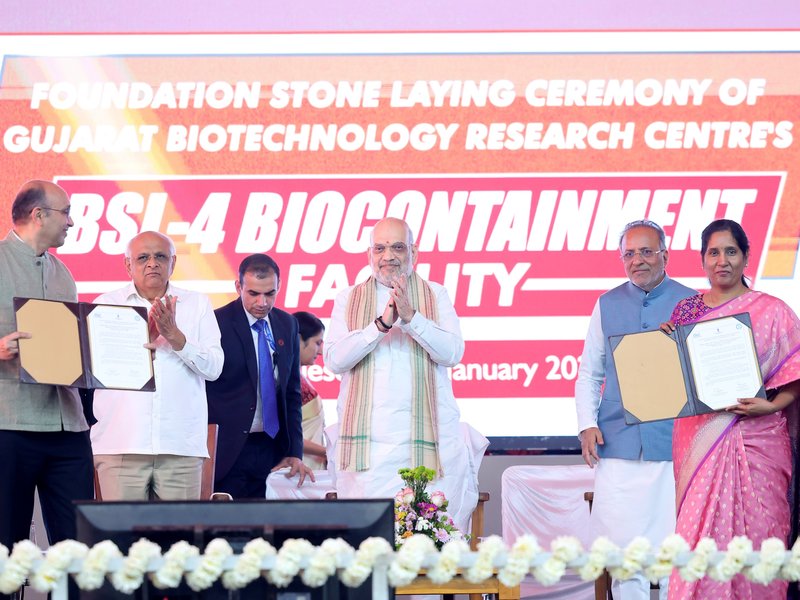New Delhi, April 26 (IANS) As antimicrobial resistance (AMR) has become a global health concern, with millions of deaths occurring each year due to it, a new study showed how even a short period of antibiotic use can lead to persistent resistance in human gut bacteria.
Researchers from the Stanford University in the US focused their study on ciprofloxacin -- used to treat bacterial infections in many different parts of the body.
They showed that ciprofloxacin can lead to resistance that can emerge independently across diverse species and continue for more than 10 weeks.
AMR is widely driven by excessive and inappropriate antibiotic use.
Previously studies have relied on in vitro experiments and animal models to understand AMR. But, the new study, published in the journal Nature, performed a longitudinal metagenomic study to explain how resistance evolves in 60 humans.
The researchers prescribed 500 mg of ciprofloxacin to 60 healthy adults, to be taken twice daily for five days.
The team used stool samples and a computational tool to reconstruct 5,665 genomes representing commensal bacterial populations and identified 2.3 million genetic variants.
Among these, 513 populations showed genetic changes or mutations in gyrA -- a gene associated with fluoroquinolone resistance. Fluoroquinolones are a class of broad-spectrum antibiotics that work by interfering with bacterial DNA replication, ultimately killing the bacteria.
Many mutations typically arise independently within individuals. Nearly 10 per cent of initially susceptible bacterial populations acquired resistance through these mutations.
The resistance persisted beyond 10 weeks and was predicted to remain detectable for up to a year.
Notably, resistance was more likely to emerge in populations that were abundant before treatment. These also experienced significant declines during exposure.
“These findings revealed that brief ciprofloxacin exposure drives the evolution of resistance in gut commensals, with mutations persisting long after exposure,” said the researchers in the paper.
“This study underscores the capacity of the human gut to promote the evolution of resistance and identifies key genomic and ecological factors that shape bacterial adaptation in vivo (in humans),” they added.
--IANS
rvt/












